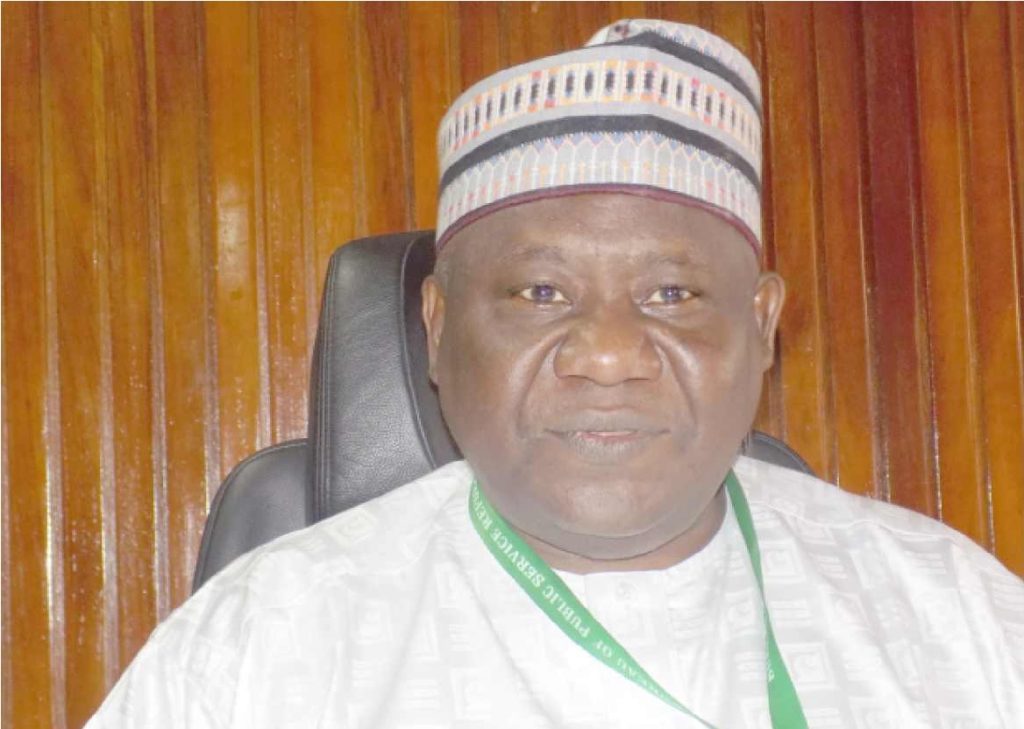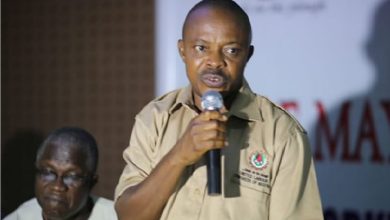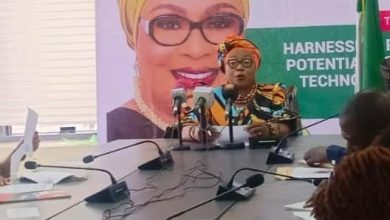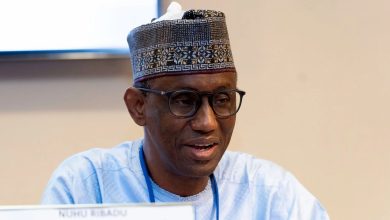FG, EU Partner to Introduce European Digital Governance Model in Nigeria
The Federal Government will adopt a European-style digital governance system with EU support to boost transparency and efficiency.
Nigeria plans to deploy Estonia’s X-Road platform to link public institutions and digitize services nationwide.
The Federal Government has announced plans to adopt a European-style digital governance framework with support from the European Union, aimed at improving transparency, efficiency, and service delivery across public institutions.

The EU confirmed that it will assist Nigeria in deploying the X-Road system, an open-source digital platform widely used in Estonia and Finland to link government agencies and simplify access to public services.
EU Ambassador to Nigeria and ECOWAS, Gautier Mignot, made the announcement during the Nigeria GovTech Conference and Awards 2025 in Abuja, organized by the Bureau of Public Service Reforms (BPSR).
According to a statement issued after the event, the initiative aligns with the federal government’s target to fully digitize public service operations before the end of the year. The conference, themed “Redefining Possibilities: Harnessing Emerging Technologies for Public Service Delivery and Socio-Economic Development,” gathered policymakers, diplomats, and technology experts to discuss digital governance models suitable for Nigeria’s reform agenda.
Mignot explained that the EU will support Nigeria in adapting the X-Road platform, which enables secure, real-time exchange of data among government institutions without breaching citizens’ privacy. He noted that the system allows agencies to share verified information electronically, reducing duplication and paperwork.
He cited examples from Estonia, where the platform connects individuals, insurance firms, and regulatory bodies to validate data automatically. “The system ensures that only authorized users access specific information, protecting privacy while improving service delivery,” he said.
The ambassador added that the model has transformed public service in Europe, allowing near-total digital integration in countries like Estonia and Finland. He also revealed that the EU’s partnership with Nigeria includes plans to deploy 90,000 kilometers of additional fiber-optic cables, expand digital literacy projects, and establish innovation centers across the country.
In addition, Mignot disclosed that the EU has provided an initial £8 million in grants and loans under the Nigeria Digital Economy Initiative, which aims to strengthen broadband infrastructure, promote inclusion, and enhance Nigeria’s participation in the global digital economy.
Director-General of the BPSR, Dasuki Arabi, said the reforms are designed to make governance more transparent and accountable. He explained that the Bureau is already collaborating with the Nigerian Communications Commission (NCC) to introduce technologies such as artificial intelligence, machine learning, robotics, and blockchain into government processes.
Arabi stated, “We are working to develop and adapt emerging technologies to improve efficiency and secure official records. The Bureau plans to train over 500,000 civil servants in digital skills to ensure the sustainability of these reforms.”
Representing the Secretary to the Government of the Federation, George Akume, Permanent Secretary in the Ministry of Innovation, Science and Technology, Esuabana Nko-Asanye, said the Tinubu administration views digital transformation as a central pillar of its governance reform agenda.
He explained that the government is focusing on integrating its platforms to create a unified digital identity system and cut costs associated with manual processes. “Digitizing government services helps reduce expenses, improve transparency, and attract investment,” he said.
Chairman of the Federal Civil Service Commission, Tunji Olaopa, urged the government to go beyond automation and embrace full modernization by leveraging artificial intelligence, the Internet of Things, and other advanced tools shaping global governance.
He said, “Nigeria must position itself to benefit from the ongoing technological revolution by modernizing its institutions and preparing its workforce for the next phase of innovation.”



